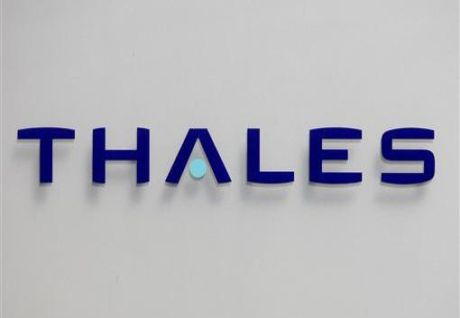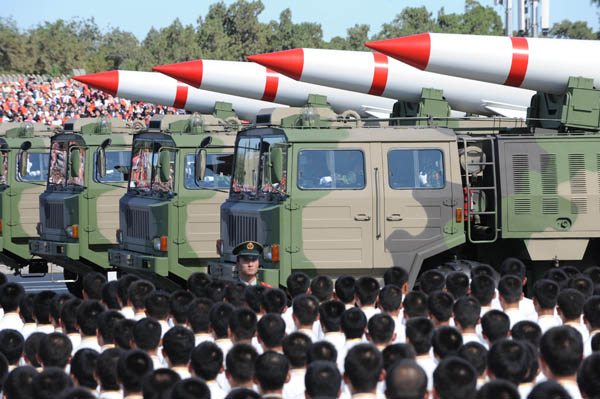At a ceremony attended by Jean-Marc Ayrault, Prime Minister of France, and Victor Ponta, Prime Minister of Romania, Thales today signed a contract worth €60 million to develop a high-intensity laser system at the Horia Hulubei National Institute of Physics and Nuclear Engineering (IFIN-HH) in Magurele, near Bucharest.
The Thales laser system will generate an unprecedented power level of 2 x 10 petawatts (10E15 watts) in ultrashort pulses. This type of laser paves the way for a new generation of extremely powerful particle accelerators, which will be smaller and less costly, for fundamental research in materials physics and for medical applications.
The contract is part of the Extreme Light Infrastructure – Nuclear Physics (ELI-NP) programme. As well as the high-intensity laser system, it includes a scientific and technical training agreement between the University Politehnica of Bucharest and Thales University. The laser will be operational in 2017.
Exemplary cooperation between industry and fundamental research
This is the largest contract ever awarded to industry by a national research institute under a European-funded programme. Thales has considerable experience in this field, having developed and built the BELLA petawatt-class high-intensity laser, currently the most powerful laser in the world, which has been operated by the Lawrence Berkeley National Laboratory in California since 2012. Thales also works closely with the French research centres – CNRS, CEA, Institut d’Optique, École Polytechnique, ENSTA and Université d’Orsay Paris XI – involved in the development of the APOLLON experimental laser, which will achieve a power level of 10 petawatts and will be operational in 2015.
With the ELI-NP programme, Thales has entered a new type of relationship with the scientific community. The company will not only develop a complex scientific instrument with unprecedented levels of performance and deliver it on a turnkey basis, but will also train Romanian engineers and technicians to set up and operate a world-class system to advance European research.
Extreme Light Infrastructure – Nuclear Physics (ELI-NP) project: The request for funding submitted to the European Union was approved on 18 September 2012 by the European Commission, with a budget allocation for the first phase of €180 million. The total value of the project is €293 million. This project is a major step towards the establishment of a permanent facility at Magurele offering scientists and industry open access to two high-power (10 petawatt) lasers and a gamma-ray source for experimental research in the field of nuclear physics.











